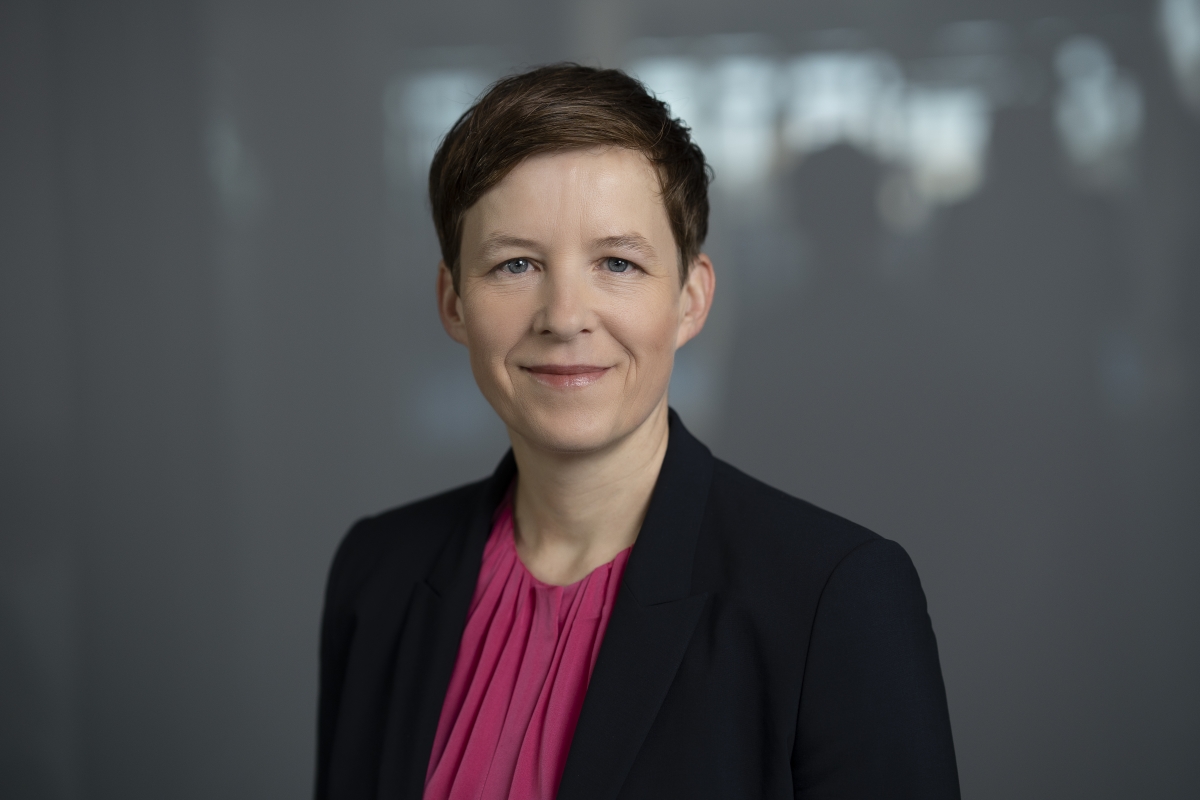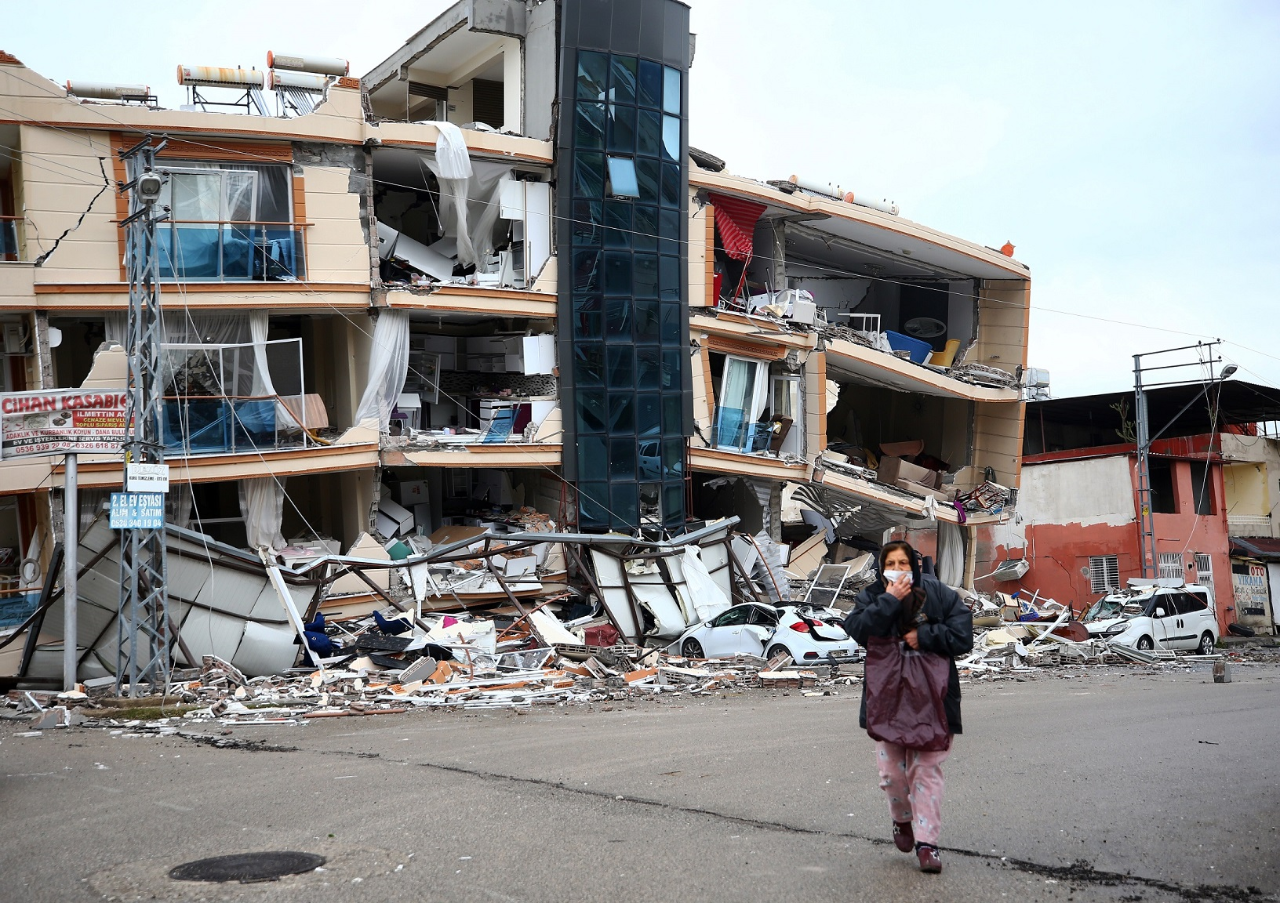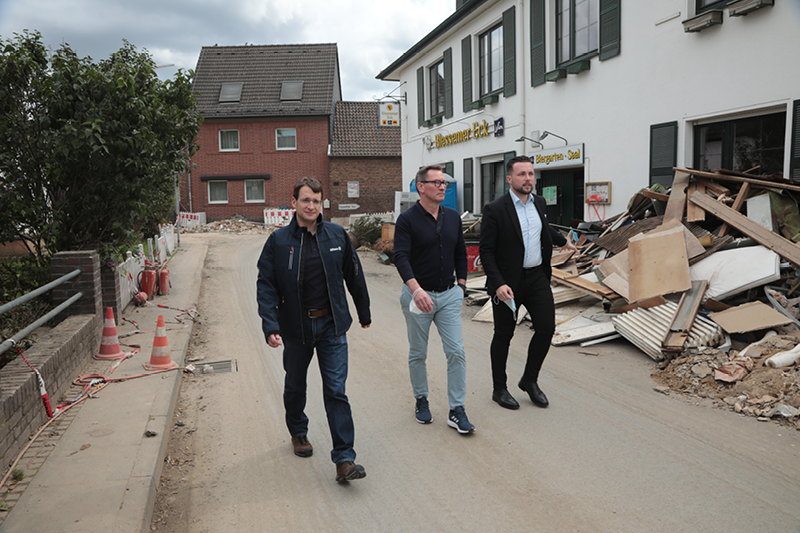Interview with Sibylle Steimen, Allianz Re
“There is no such thing as a weather forecast for earthquakes”
Was it foreseeable that such a devastating earthquake would happen?
The images that reach us from Turkey and Syria are deeply disturbing and our hearts go out to all the victims and people affected. If you are asking whether there was some sort of forecast or warning, the answer is no. There is no such thing as a weather forecast for earthquakes, unlike for heavy storms or floods. The closest we can get to a “forecast” for earthquakes in the broadest sense of the word is saying what the probability of an earthquake of a certain strength in the next few decades is. For example, we can say for a particular area that within the next 30 years there is a probability of x percent that an earthquake of strength y or larger will strike. Earthquakes are not something you can raise an alarm for, unfortunately.

Sibylle Steimen
What we can say for sure, though, is that the region affected is known to be prone for earthquakes and therefore the buildings in the area have to adhere to certain building codes. Turkey has one of the most modern building codes in the world, but not all buildings follow these, for example because they were built before the new code was introduced. We have yet to see to which extent this has had an effect in the region.
Why is the region so at risk?
The surface of our planet consists of many different tectonic plates. In this particular region a total of three different plates meet: the Eurasian, the African and the Anatolian plate. These plates move around at a very slow speed and where they collide there is a risk of earthquakes, in some places higher than in others. This particular area is known to have a high risk of earthquakes but in the recent decades it was relatively quiet; only three earthquakes with a magnitude higher than 6 on the Richter scale have occurred since 1970.
What lessons can be learned?
It is still too early to draw conclusions from this event but my team and I have already started the discussion how we can best learn from this event. Learning in this case means that we need to better understand which buildings collapse or are heavily damaged under the very strong earth movements, and which buildings remain structurally sound. If we can refine our understanding here, we can learn not only how to better assess and model the risks in Turkey but also in neighboring countries.
Press contact
Elizabeth Goetze
Allianz SE Reinsurance
Allianz SE Reinsurance
About Allianz
The Allianz Group is one of the world's leading insurers and asset managers with around 125 million* private and corporate customers in nearly 70 countries. Allianz customers benefit from a broad range of personal and corporate insurance services, ranging from property, life and health insurance to assistance services to credit insurance and global business insurance. Allianz is one of the world’s largest investors, managing around 737 billion euros** on behalf of its insurance customers. Furthermore, our asset managers PIMCO and Allianz Global Investors manage about 1.7 trillion euros** of third-party assets. Thanks to our systematic integration of ecological and social criteria in our business processes and investment decisions, we are among the leaders in the insurance industry in the Dow Jones Sustainability Index. In 2023, over 157,000 employees achieved total business volume of 161.7 billion euros and an operating profit of 14.7 billion euros for the group.
* Including non-consolidated entities with Allianz customers.
** As of December 31, 2023.
** As of December 31, 2023.


